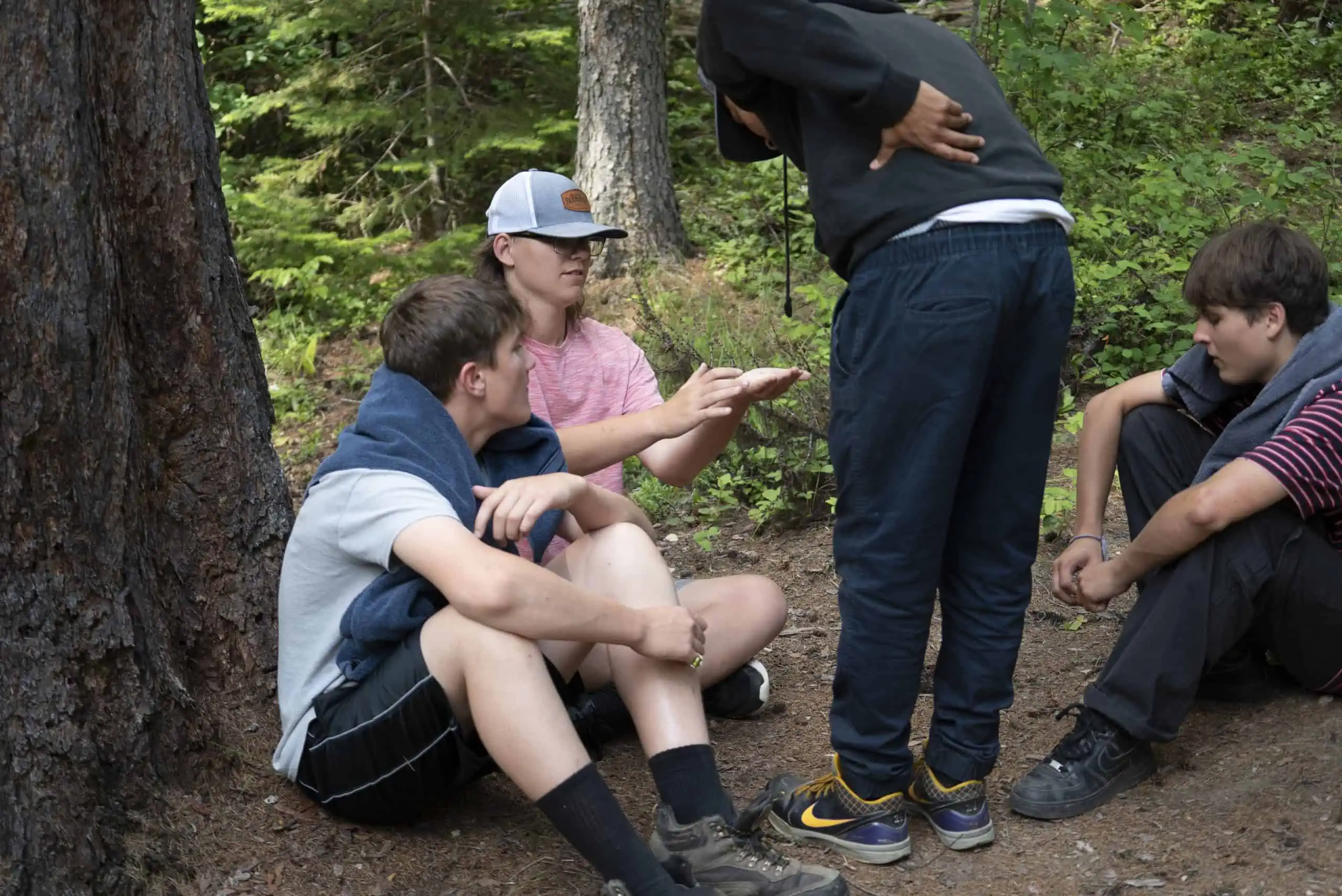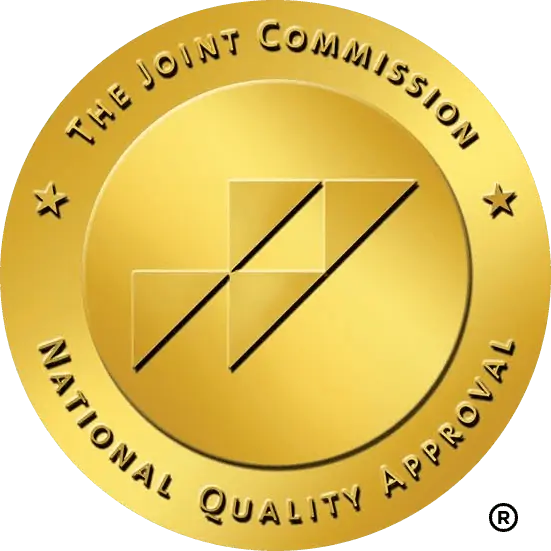“The inexorable rise of teen anxiety ought to be a national crisis,” wrote Derek Thompson in The Atlantic in February. In a previous article, he had offered four possible explanations for this crisis: “the prevalence of social media use; the decline of time spent with friends; a more stressful world of mass-shooting events and existential crises such as global warming; and changes in parenting that might be reducing kids’ mental resilience.”
Turning Winds therapist Kim Sparks, LCPC, recognizes the trend. “Our teens increasingly present with trauma, anxiety, and really significant social deficits,” she says. “COVID-19 and the required social distancing definitely had an impact on the mental health of kids.”
The latest Youth Risk Behavior Survey published by the US Centers for Disease Control and Prevention (CDC)—which looked primarily at the decade before the pandemic—offers plenty of other reasons. Although “several areas of adolescent health and well-being are continuing to improve overall,” including risky sexual behavior, substance misuse, and to some extent bullying at school, “almost all other indicators of health and well-being in this report including protective sexual behaviors (i.e. condom use, sexually transmitted disease (STD) testing, and HIV testing), experiences of violence, mental health, and suicidal thoughts and behaviors worsened significantly.”
As we previously reported on this blog, the situation is particularly dire for US girls. Nearly three in five teenage girls felt persistent sadness in 2021, double the rate of boys, and one in three girls seriously considered attempting suicide, the CDC data revealed.
“Several experiences of violence are increasing, especially for certain groups of youth. These data show increases in the proportion of youth who did not go to school because of safety concerns, increases among female students experiencing sexual violence by anyone and being forced to have sex, and increases among male students experiencing electronic bullying.”
In 2021, seven percent of high school students were threatened or injured with a weapon, such as a gun, knife, or club, on school property during the past year, according to the Youth Risk Behavior Survey. Unsurprisingly, “nine percent of high school students did not go to school because they felt unsafe either at school or on their way to or from school at least once during the past 30 days. Female students were more likely than male students to miss school because of safety concerns.
Digital Madness
One place for escapism is the internet—an unsafe haven in many cases. “Problematic Interactive Media Use (PIMU), aka internet or video game addiction, is increasingly presenting to pediatricians for care. The majority of youth now use mobile media almost constantly to communicate, learn, and entertain themselves, but for some, uncontrolled video gaming, social media use, pornography viewing, and information-bingeing on short videos or websites contribute to functional impairment,” wrote Pluhar, Kavanaugh, Levinson, and Rich in their 2022 study on problematic interactive media use in teens.
In his 2022 book Digital Madness, Nicholas Karadaras, Ph.D. describes the toxic impact of this interactive media use, especially on teenagers and young adults. “Research shows that the empty, sedentary, addicting, isolating, and self-loathing lifestyle created by Big Tech drives depression and hopelessness,” he writes. “Yet the more depressed and empty we feel, the more we’re driven to escape those feelings with more of the digital drug that’s driving the problem to begin with—a classic addiction catch-22.”
“Kids today are so bombarded with societal expectations, the internet, social media, and so much of the demands that society puts on them,” says Kim Sparks. Parents bring their teens to our remote place in Montana “to make them kind of disconnect and have them only focus on themselves.”
“PIMU can result in academic failure, social withdrawal, behavioral problems, family conflict, and physical and mental health problems,” wrote Pluhar, Kavanaugh, et al. “Children and adolescents are particularly vulnerable to PIMU; the adolescent prefrontal cortex, which is responsible for executive functions such as judgment, decision-making, and problem-solving, does not fully mature until the mid-20s. Symptoms of internet addiction have been associated with poor executive function, much like other behavioral addictions.”
Kids cannot even escape bullying because cyberspace is full of bullies, too. “In 2021, 16 percent of high school students were electronically bullied, including through texting, Instagram, Facebook, or other social media, during the past year,” according to the CDC data. “Female students were more likely than male students to be electronically bullied.”
How to Help Your Child
Derek Thompson’s fourth element of the crisis—parenting styles—can also play a role in perpetuating the problem. “Sometimes, parents don’t realize that the behavior of their kids is indicative of mental health issues rather than just acting out,” explains Sparks. “All behaviors are communication. So, the question is, what is your teen trying to communicate?”
Often, parents are “urgently trying to figure out what to do to help their child—before it’s too late,” says chief operations officer Carl Baisden. “Sending them to Turning Winds is an important step and the parent workshop we offer once a month provides families with important tools to achieve the best possible outcome for their teens.”
Parenting is hard. Parenting teens can be even harder, especially in the age of social media. We want to help you understand your teenager better so you can improve your relationship with them.
Turning Winds offers a wide range of services for troubled teens. Over the past twenty years, we have matured into a sophisticated program that blends the benefits of a wilderness program, a residential treatment center, and a therapeutic boarding school.
The therapeutic approaches at Turning Winds include character education, leadership development, health, wellness of body and mind, therapeutic and academic success, and outdoor therapeutic experiential education.
Our mission is to rescue teens from crisis situations, renew their belief in their own potential, reunite them with their families, and put them on a sustainable path to success. Contact us online for more information, or call us at 800-845-1380. If your call isn’t answered personally, one of us will get back to you as soon as possible.









